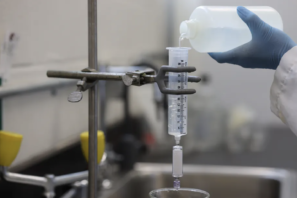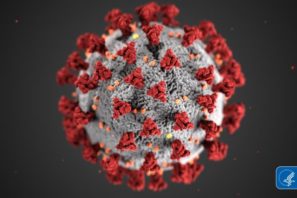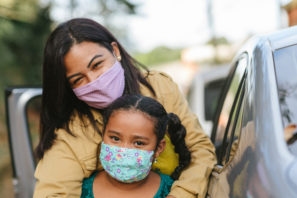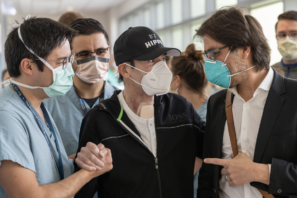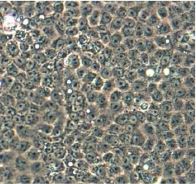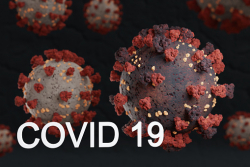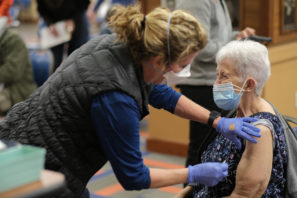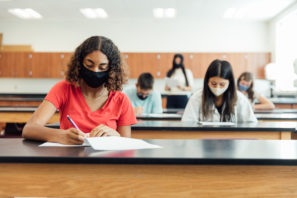Imagine discovering an animal species you thought had gone extinct was still living – without laying eyes on it. Such was the case with the Brazilian frog species Megaelosia bocainensis.
UF investigators participate in the first study to determine that the CoronaVac vaccine is 50% effective at preventing COVID-19 in Manaus, Brazil where the P.1 variant is widespread.
Families are beginning to ask more questions about when COVID-19 vaccines will be offered to children younger than 16, and...
The UF Health lung transplant team has collaborated with researchers around the world to identify preliminary guidelines for successful transplantation in patients whose lungs have been permanently damaged by the SARS-CoV-2 virus.
Radio Hofstra University interviewed Dr. Amanda Phalin, a lecturer in the UF Warrington College of Business Management Department, about how the COVID-19 pandemic has impacted international trade. Check out Dr. Phalin’s insights in this radio interview.
The University of Florida will attempt to vaccinate more than 1,000 students as part of a landmark national study to determine whether young people who have received a COVID-19 vaccine can still spread the coronavirus.
Coronaviruses common to animals may ‘spillover’ into people more frequently than once thought, according to new research from UF and Haitian investigators.
To learn how we might fight the next viral pandemic, consider an engine on a commercial jet.
An engineer can recreate that engine and its every component on a computer.
An antibiotic used to treat leprosy is among a handful of existing drugs that could attack and slow the spread of the United Kingdom variant of the SARS-CoV-2 virus that causes COVID-19, a University of Florida Health researcher has found.
Three vaccines are now available to stem the pandemic, and for many, hope is increasing that a future free from the fear of COVID-19 is near.
New research is shedding light on how dementia can increase people’s risk for developing COVID-19, particularly among two groups: African...
Many high school students on day nine or later of their COVID-19 quarantine period tested positive for the virus, a University of Florida study published in JAMA has found.

